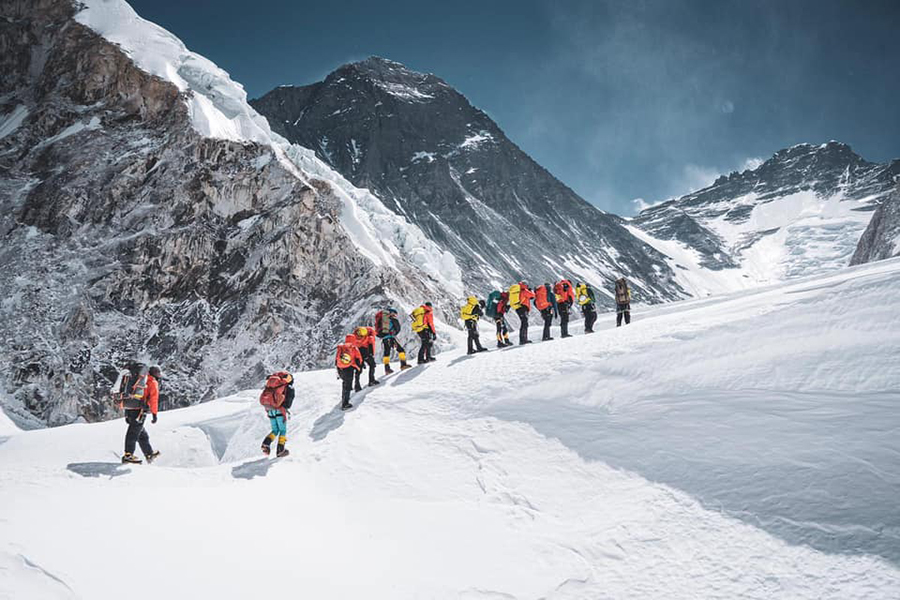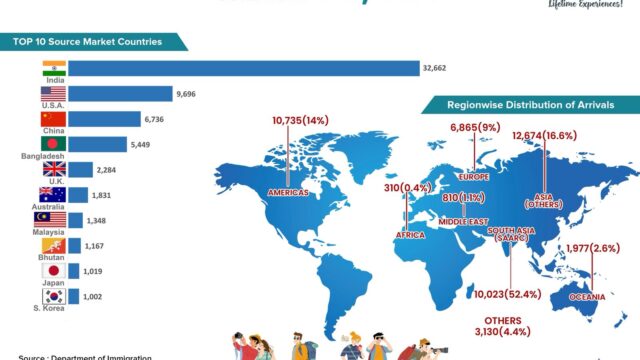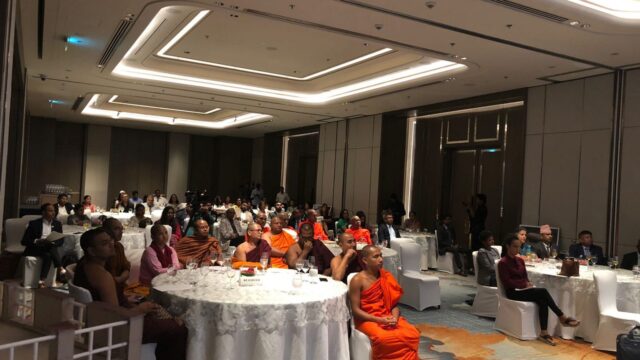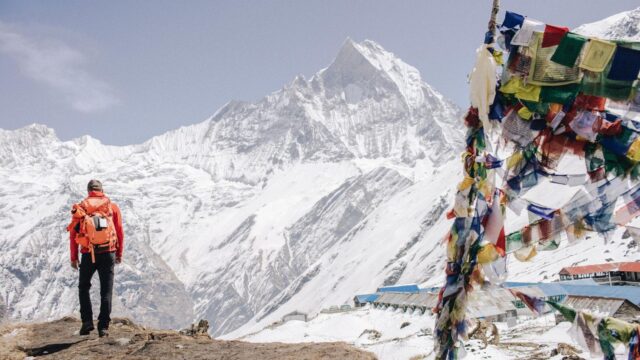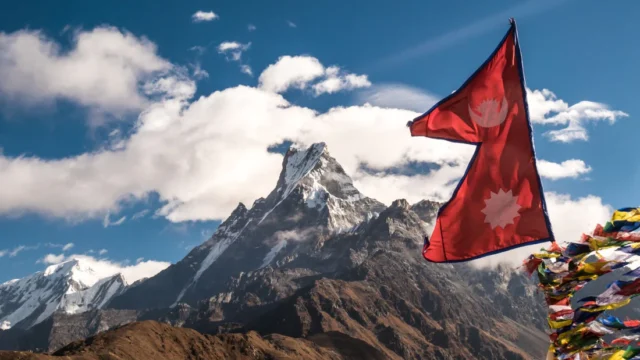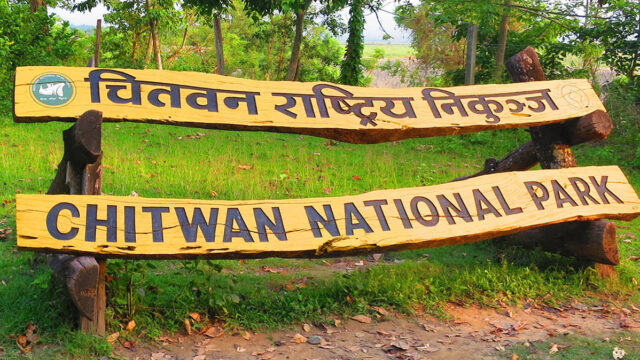In a major shift to regulate mountaineering practices and enhance climber safety, the Government of Nepal has introduced a provision in the new Tourism Bill 2081 that prohibits direct ascent of Mount Everest without prior experience of climbing peaks above 7,000 meters. This landmark legislation, registered in the National Assembly by the Ministry of Culture, Tourism, and Civil Aviation, aims to replace the existing Tourism Act of 2035 BS.
According to the bill, climbers must submit proof of successfully summiting any Nepali mountain higher than 7,000 meters to be eligible for Everest expedition permits. This move is seen as an attempt to filter inexperienced climbers from taking on the world’s highest peak without adequate preparation.

Mandatory Health Clearance
The bill further tightens safety measures by mandating a medical certificate issued within the last month from a government-recognized health institution. This rule will apply not only to climbers but also to every member of the expedition team, including liaison officers, guides, Sherpas, and high-altitude assistants. If a person’s health status is deemed unsatisfactory, they will not be allowed to participate in the expedition.
This provision is aimed at minimizing accidents and fatalities, especially after widespread criticism over the uncontrolled issuance of Everest permits in recent years.
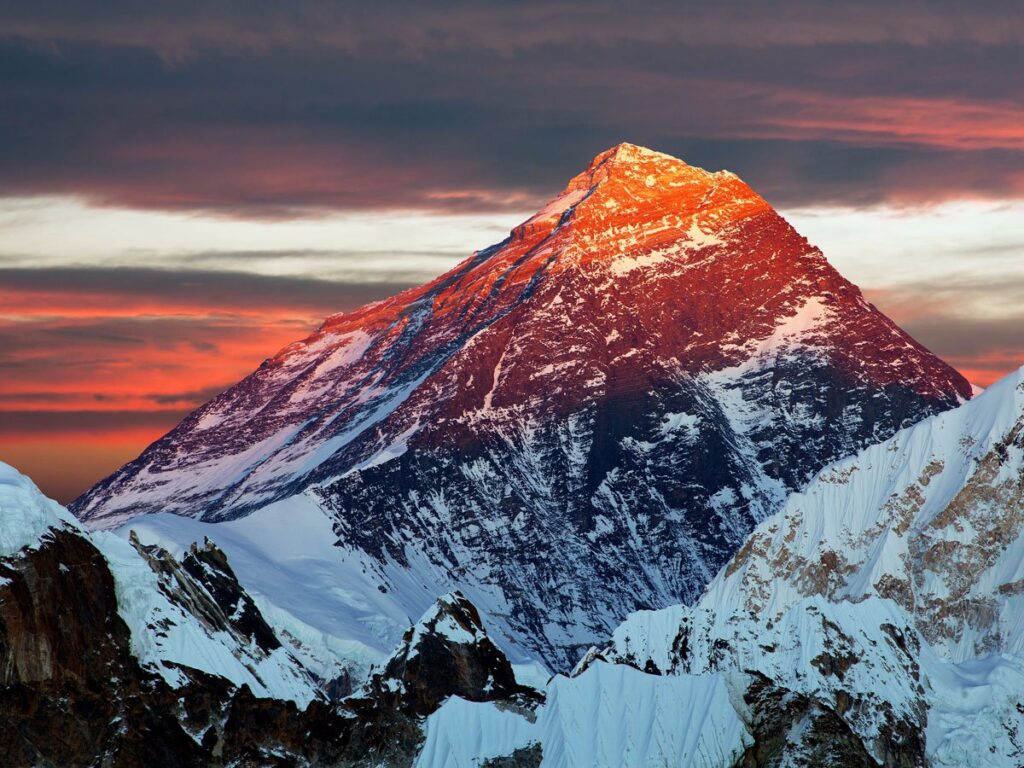
Regulation of Adventure Sports on Himalayan Peaks
The new bill also addresses the rising trend of adventure tourism in the Himalayas. Activities such as paragliding, skydiving, heli-skiing, and ultralight flights will now require official approval from the Ministry of Tourism or designated authorities before being conducted on Himalayan terrain.
No Refund for Permit Non-Use
Additionally, the bill states that if a group obtains an expedition permit but fails to attempt the climb within the same year, the fee will not be refunded. However, in cases where circumstances are beyond the group’s control, the government may allow a postponement.
The new legislation also mandates that mountaineering groups must stick to the officially designated routes while ascending peaks, further reinforcing safety and environmental standards. These comprehensive reforms are expected to restore discipline, ensure safety, and protect the prestige of Nepal’s mountaineering heritage.
